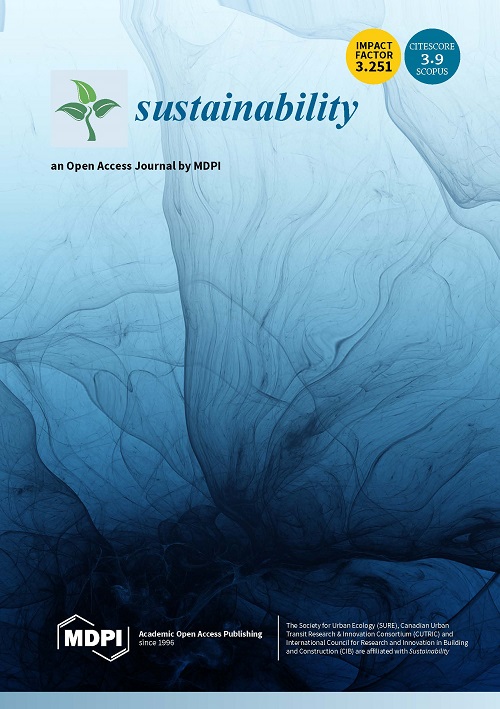Traditional food systems offer a key link between the social and economic resilience of smallholder farmers and pastoralists and the sustainable food and nutrition security of global populations. This paper addresses issues related to socio-cultural diversity and the continuing complex engagement of traditional and modern communities with the plants and animals that sustain them. In light of some of the unhealthful consequences of the 'nutrition transition' to globalized modern diets, the authors define and propose a process for a more successful food system transition that balances agro-biodiversity and processed commodities to support diet diversity, health and social equity alongside sustainable economic growth. We review empirical research in support of practice and policy changes in agriculture, economic development and health domains as well as cross-sectoral and community-based innovation. High-value food crops within domestic and global value chains can be an entry point for smallholders' participation as contributors and beneficiaries of development, while sustainable small farms, as purveyors of environmental and public health services, diversify global options for long-term adaptation in the face of environmental uncertainty. © 2013 Society of Chemical Industry.
DOI:
https://doi.org/10.1002/jsfa.6351
Altmetric score:
Dimensions Citation Count:
























